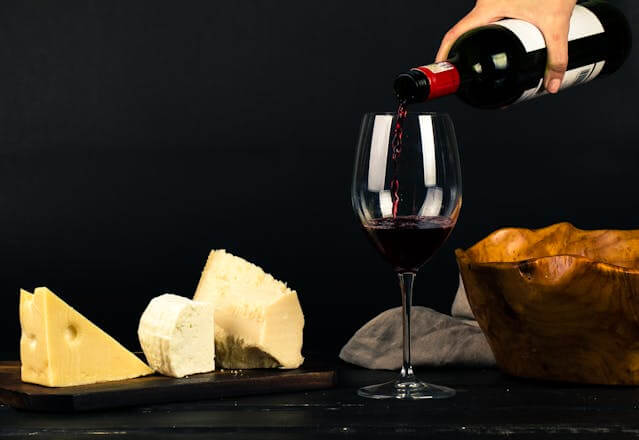According to Torah law, wine that was poured as a libation for idol worship is forbidden both for drinking and for benefit—such as selling it for profit, applying it to the body, and the like. However, wine of a gentile that has no indication of being used for idolatry is, by Torah law, permitted even for drinking. The Sages, however, decreed that “stam yeinam” (unspecified wine of a gentile) is forbidden for both drinking and benefit, for two main reasons:
To prevent social closeness that could lead to intermarriage (taking their daughters as wives).
To prevent the mistake of thinking that wine actually used in idol worship is also permitted.
Furthermore, they were stringent that wine touched by a gentile becomes forbidden just like stam yeinam.
From this arise differences between gentiles who practice idolatry and those who do not.
Christians, whose religion is considered idolatry (according to the Rambam, or at least considered “worship with association”—avodah shebeshituf—according to the Tosafists), their stam yeinam or Jewish wine that a Christian touched is forbidden for both drinking and benefit.
Muslims, who are not considered idol worshipers (according to the Rambam in his responsa), since there is no concern they would offer the wine as a libation to idols, their wine is prohibited only due to concerns about intermarriage, and therefore it is only forbidden for drinking but permitted for benefit.
As for a Jewish Sabbath desecrator in public (mechalel Shabbat b’farhesya)—although there is no prohibition against marrying their daughters (unlike gentiles)—still, the rabbis were stringent and forbade wine they touched. Though halachic authorities have found ways to permit such wine in pressing cases or financial loss, the general rule is to prohibit drinking wine touched by a public Sabbath desecrator.
All of this applies only if the bottle was open. If the bottle was sealed, the wine is not forbidden—even if touched by a gentile, and certainly not if touched by a Jewish Sabbath desecrator. In the case of a Sabbath desecrator, one may be more lenient: if he touched an open bottle but did not move it or shake the wine inside, the wine is still permitted for drinking. However, if he poured the wine, it should be prohibited for drinking—this also applies to dragging or lifting the bottle.
Wine of a Jew that has been fully cooked is not subject to the laws of “yayin nesech” (libation wine), and even if a gentile touched it, it is permitted for drinking. It must explicitly say on the bottle that it is “cooked wine” (or at least pasteurized—on which some authorities are lenient, and in rabbinic cases leniency may apply), and it must be under recognized rabbinic supervision. One may not rely on majority (presumptions in such matters).
| Category | Yayin Nesech | Stam Yeinam |
|---|---|---|
| Source of Prohibition | Torah law (de’oraita) | Rabbinic law (derabanan) |
| Used in Idolatry | Yes | Unknown |
| Prohibited to Drink | Yes | Yes |
| Prohibited for Benefit | Yes | Disputed |
| Level of Severity | Extremely severe | Severe, but less than Yayin Nesech |
Nachman Harris. Kosher Expert.
Available for any of your questions






